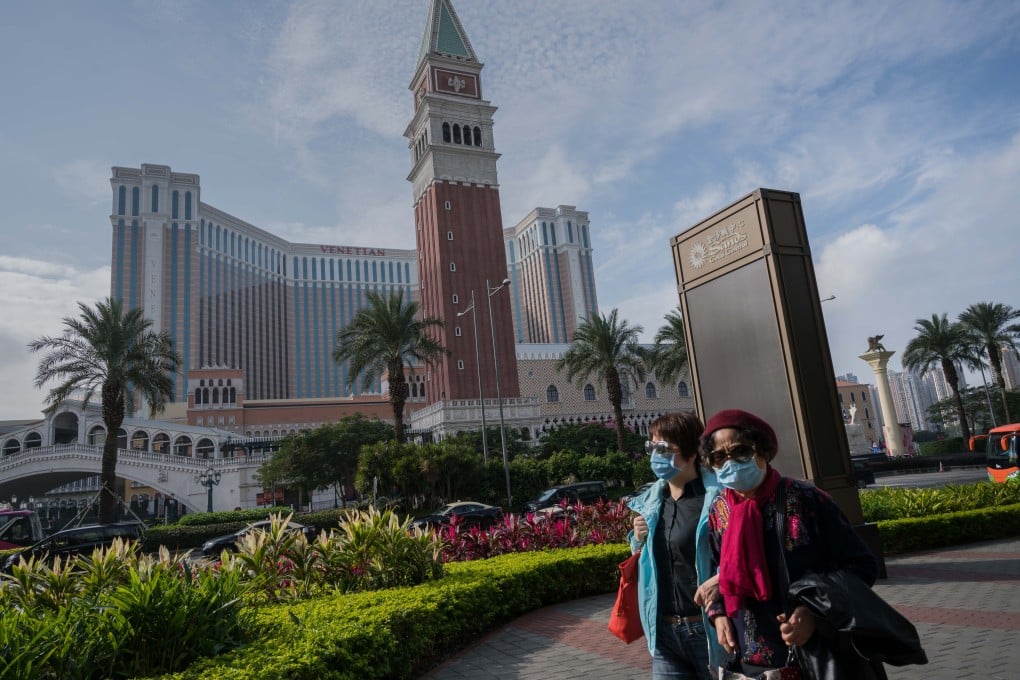Coronavirus outbreak could hit airlines, hotels, casinos harder than Sars, analysts say
- Chinese tourists make up a much larger percentage of visitors to southeast Asia than during the Sars outbreak in 2003
- Airline, gaming and hotel stocks have been hit hard amid flight restrictions, cancellations, while Chinese tourists stay at home

The worsening Wuhan coronavirus outbreak is taking a heavy toll on airlines, gaming companies and hotel chains that have increasingly relied on the exponential growth of Chinese tourists and their spending power in recent years. It could still get worse, analysts said.
The health scare has prompted authorities from Hong Kong to Singapore to stem or ban visits by Chinese residents or people who have visited the mainland in recent weeks to contain the outbreak. Beijing also has locked down some cities, disconnected domestic transport hubs and barred local tour groups from going abroad.
British Airways and German airline Lufthansa have suspended direct flights to the mainland, while Cathay Pacific and Hong Kong Airlines plan to halve their flights to the mainland until the end of March. American Airlines, Delta Air Lines, United Airlines and Air Canada also have reduced their flights to the country.
The moves come 17 years after the Sars (severe acute respiratory syndrome) epidemic afflicted more than 8,000 people in 37 countries and devastated economies in Hong Kong and across the Asia-Pacific region.
Mainland Chinese and their tourist dollars have helped fuelled Southeast Asian economies in recent years. They accounted for 19 per cent of Singapore’s tourist visits in the first 11 months of 2019 and about 28 per cent of all foreign visitors to Thailand last year, according to government data.
“The outbreak will take a toll on tourism sectors elsewhere in the region, and places outside the region that receive tourists from China,” said Claire Li, a Moody’s Investors Service analyst. The potential negative spillover is likely to be worse than during the Sars outbreak, she added.
The coronavirus outbreak is believed to have begun in a wet market in Wuhan in central province of Hubei. It has since claimed more than 200 lives and spread to more countries, prompting the World Health Organization to declare an emergency.
The fear of contagion could dampen consumer demand and affect travel, trade and services in Hong Kong, Macau, Thailand, Japan, Vietnam and Singapore, which have been the top destinations for Chinese tourists in recent years, Li said.
